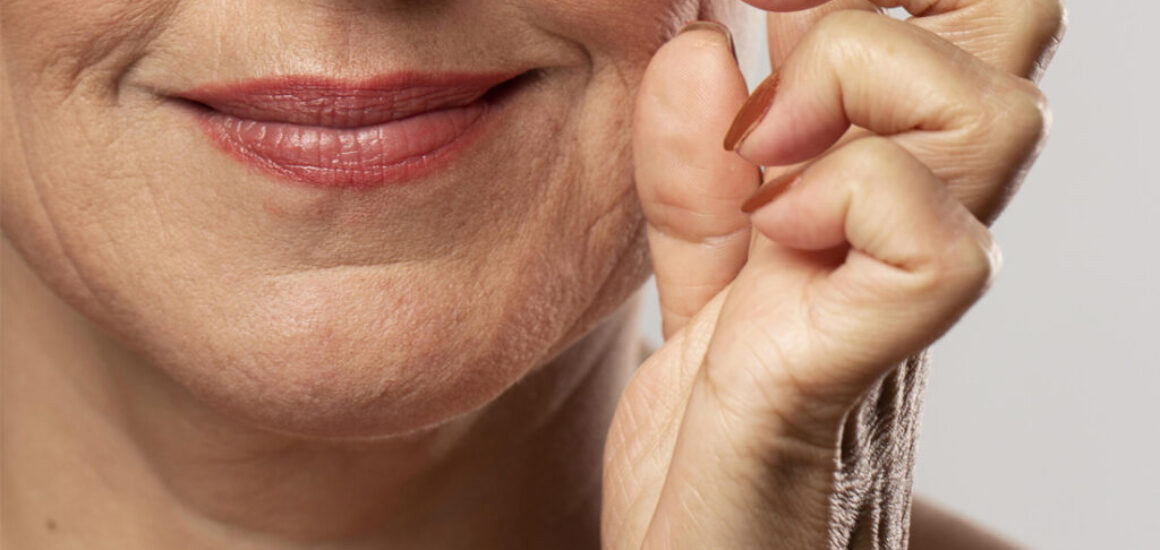How The Loss of Collagen Affects Your Skin
It’s an inevitable fact that you will start losing collagen in your mid-20’s. Studies show a loss of 1% of overall body collagen levels happen around that age. in women, menopause ramps this up a bit more. As a refresher, collagen is the protein found in your skin that gives it structure and mass.
It comprises about 70% of your skin’s overall mass. Collagen is what gives your skin its elasticity and hydration by creating the infrastructure for elastin and hyaluronic acid respectively.
So what happens to your skin when you start losing collagen?
- Crepey Skin – Crepey skin can be a combination of sagging and wrinkled skin. The main culprit of this is loss of collagen, and those with crepey skin tend to look older. Skin with lower collagen levels become dehydrated, and that allows for wrinkles and fine lines to easily form.
- Hollow Facial Features – Without the collagen to hold up the skin’s structure, the areas around the cheeks and the eyes begin to look more sunken.
- Weaker Blood Vessel Walls – This means becoming more prone to inflammation. It may be in the form of more frequent flare-ups of any skin conditions, more susceptible to rashes or dermatitis, or increased sensitivity.
What can be done to combat or slow down the loss of collagen?
An immediate way to treat the appearance of wrinkled skin and hollow features is by consulting a dermatologist. They will know which treatments would be perfect to bring back and rejuvenate sagging skin and eliminate the fine lines. It can be through filler injections, or cryotherapy, or even a non-surgical facelift. There are many options nowadays.
At home, dietary supplements, both by taking collagen pills or by eating foods rich in collagen are a good way to counteract collagen loss. Foods rich in collagen include lean beef, chicken, fish, eggs, and beans. Try eating more of these foods to boost the skin’s collagen levels. Another way is to cut down on bad habits in general. This can be quitting smoking, which does lead to faster depletion of collagen levels, or adjusting your diet to avoid eating junk food in general.




